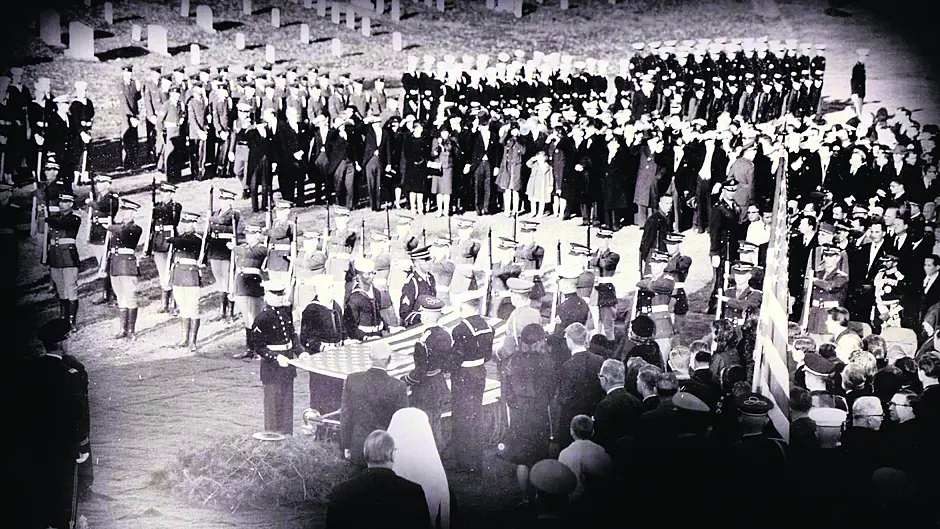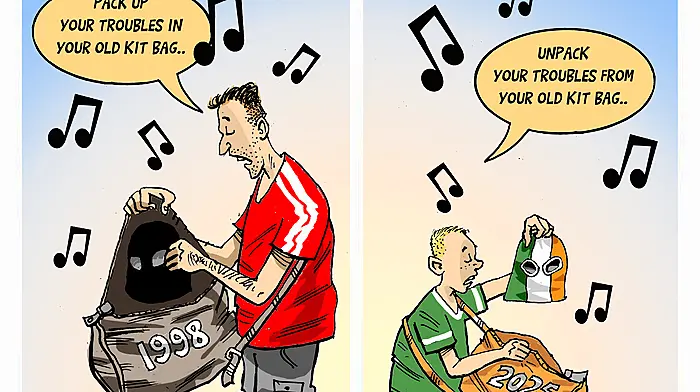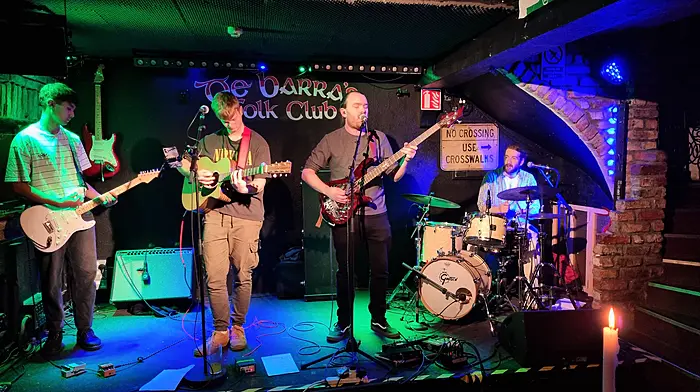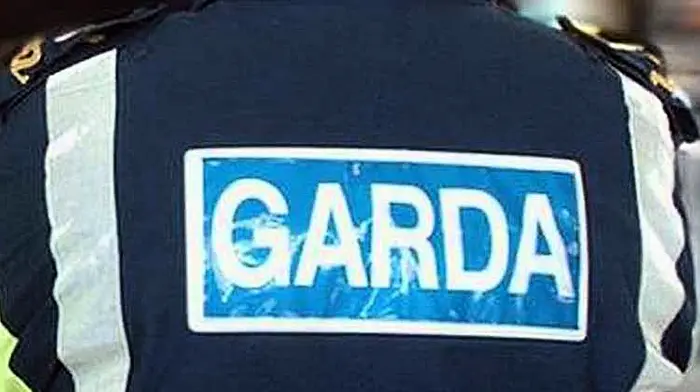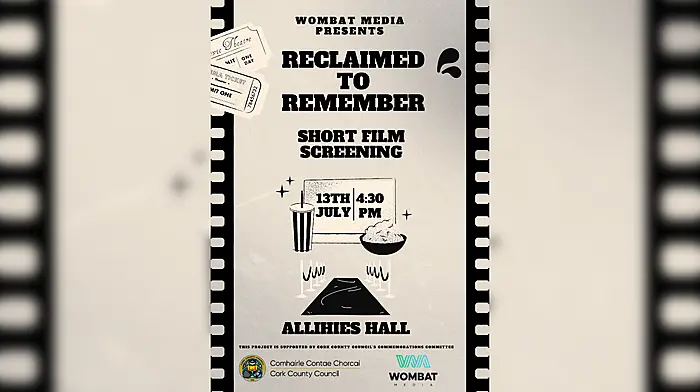GIVEN the trauma of her husband’s death and the global turmoil that marked his assassination, quite extraordinarily, on the journey from Dallas to Washington, Jackie Kennedy had the presence of mind to ask three of her husband’s closest advisors to invite Irish cadets to attend his internment in Arlington cemetery.
Those advisors were Kenny O’Donnell, Larry O’Brien – whose mother was Myra Sweeney from Dunmanway and father Lawrence from Kilbrittain – along with David Powers.
These men were affectionately dubbed ‘the Irish Mafia’ in Kennedy’s entourage.
In their book. Johnny, We Hardly Knew Ye, O’Donnell and Power relate how Jackie turned to them at that moment, saying: ‘I must have those Irish cadets at his funeral.’
Billy Nott from Cork and Peter McMahon from Leitrim were two of the 26 cadets and three officers present on that day.
Gabriel Boyle from Turner’s Cross was the only other Cork member of the party.
On his return from his June 1963 visit to Ireland, Jackie Kennedy’s husband John ‘Jack’ Kennedy regaled his wife, and several others, with stories of the 37th Cadet Class that performed the funerial silent solemn military drill, known as the Queen Anne Drill, at a wreath-laying ceremony at Arbour Hill Cemetery, where leaders of the Easter Rising were interred.
It was ‘the finest honor guard I had ever seen,’ he reportedly told her.
Nott and McMahon were in The Curragh when the news came through of the assassination.
Word went around that he had been shot and they rushed to the Cadet’s mess.
A breathless and shocked Charles Mitchell broke the news on what was known then as Telefís Éireann to a stunned Irish audience.
Still, there’s a limit to a 19-year-old’s grief at the death of a foreign president. Other priorities.
A dance at the Royalle Dance Hall in the old CIE club in Dublin offered an alluring antidote.
But a tap on the shoulder and they were ordered back to the Curragh where they were told they were flying to Washington the following day.
Not surprisingly, given how few people flew at the time, neither had been on a plane previously, a plane that also carried a rather remote Éamon de Valera, then President of Ireland.
They were awe-struck – just young lads.
On the morning of the funeral, they were in place two-to-three hours before the cortege arrived.
For November, it was quite warm. ‘It was a bright, sunny autumnal day,’ Billy recalled. ‘Our legs were cramping, so when we heard the muffled sound of the drum as the cortege neared, we were relieved,’ continued Peter.
And 61 years later, Peter can still hear the sound of that drum. ‘De dum, de dum, de dum,’ he intoned.
Relieved they might have been, but with 200-300 cameras facing them, these were nerve-wracking moments.
Millions and millions of people looked on – it has been estimated that 93% of all televisions in the United States were tuned to the funeral.
‘We were just a few metres from the grave, we were surprised how close we were to the family,’ recalled Billy.
He could see Jackie Kennedy out of the corner of his eye, her brothers-in-law Robert and Ted on either side. ‘Her head was bowed with a black veil covering her face.’
And then the call went up. Garda onòra. Aire. And the cadets went through their 15 minute Queen Anne Drill.
They never met any of the Kennedy family on the day, but many Irish American politicians did meet with them.
Billy remembers Hugh Carey who later became governor of New York.
Two days later they were back in Ireland. On the age-old question of who killed JFK, despite the official 888-page Warren report that laid the blame solely on Lee Harvey Oswald, both men are sceptical.
Peter thinks vice-president Johnson was culpable. Billy points a finger at the mafia – but not the Irish version.
Two days after Oswald entered the history books, he, too, was assassinated by Jack Ruby. ‘He was certainly paid to do the job. And then he was taken out,’ said Billy.
‘He is still very well remembered,’ Peter says of JFK. Billy is less sanguine. ‘He added to the Vietnam war and then there was the whole Marilyn Monroe story,’
As for Jackie, Billy recalled ‘a private sophisticated woman, a very brave woman, with nerves of steel – as she demonstrated after the assassination.’
And as for their own story – ‘We were like mini-celebrities,’ Peter remembered. ‘Even the local TD called to the house.’
Billy says he has been dining out on on the story for 60 years. ‘Everybody wanted to grab me,’ he said.
• With thanks to Fachtna O’Donovan for the introductions.

